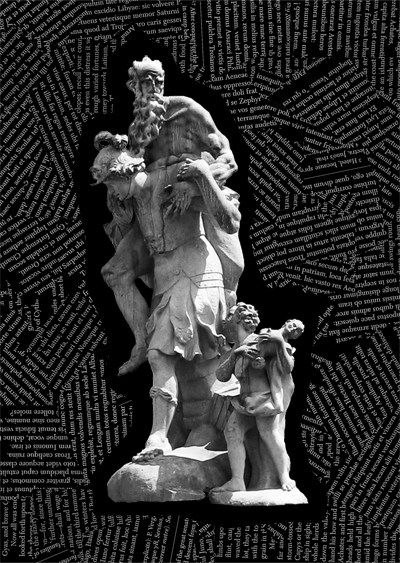At yesterday’s CC102 lecture, Prof. Stephanie Nelson spoke about the two stories in Virgil’s Aeneid — the one being the story of the founding of Rome, and the other a tale of ‘pious Aeneas’, who fled his destroyed home in search of another.
For the benefit of those who couldn’t attend the lecture, here are a few quotes where Prof. Nelson considers the character of Aeneas.
I’ll say, as a literature person, that the question of how an individual person works, is a question that’s too big for history, and, looking Professor Roochnik in the eye, I’ll say it’s too big for philosophy, that only literature can encompass it. The reason why is that literature can show us two worlds at once.
*
The story of Rome, like the story of Aeneas, is a story of loss.
*
I think many students resort to the easy way out. And the easy way out is to say that Aeneas doesn’t have free will.
*
Maybe not all of you wanted to go to college. But you have free will. You could, right now, walk out those doors, hitch a bus, go to Florida… But you won’t.
*
There’s an enormous amount of social expectation that grows up with being an individual. Society pushes us from the outside and from the inside… It’s easier to think you had to. But you don’t have to… And Aeneas is easier to understand in that context.
About the art. The image above shows a marble sculpture, in the Grand Parterre of the Mirabell Gardens in Salzburg, Austria, by Ottavio Mosto, 1690. It depicts Aeneas carrying his father Anchises on his back during their flight from Troy. His son Ascanius is carrying one of the family’s penatës, or hearth idols. Photo by Prof. Kyna Hamill, July 2010; to appear in the forthcoming 20th issue of The Journal of the Core Curriculum.

